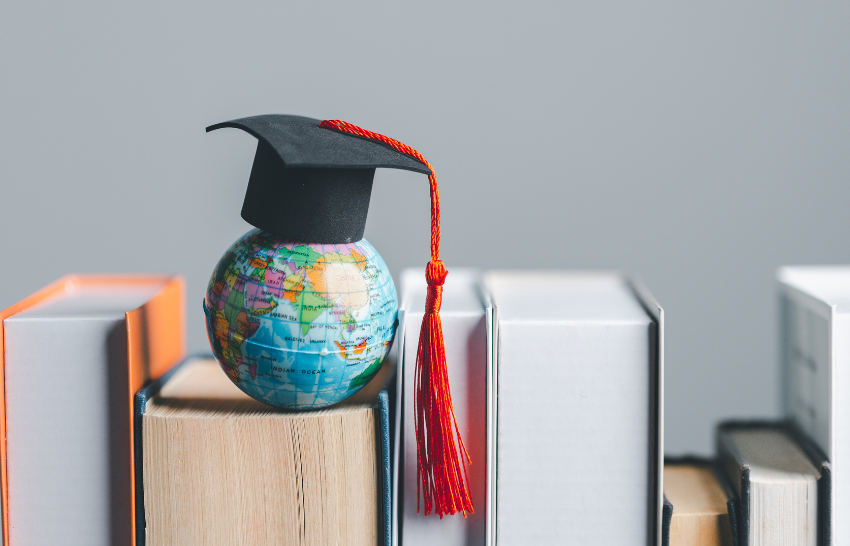Addressing the underrepresentation of South Asian students in higher education

South Asian Heritage Month, celebrated 18 July–17 August, recognises the significant contributions these communities have made to the UK. However, while we honour these achievements, it is equally important to reflect on the challenges faced by South Asian people – particularly those from Pakistani and Bangladeshi backgrounds – in higher education, where they remain disproportionately underrepresented.
Historically, the UK’s higher education sector has seen limited representation from Bangladeshis and Pakistanis. Many of us come from families with no history of higher education, creating additional barriers to accessing and succeeding in this space. As we celebrate this month, I aim to highlight the systemic issues contributing to this underrepresentation, particularly the intersection of race, poverty, and education.
The role of poverty in educational outcomes
I attended a high-achieving state school in a predominantly white, middle-class area, where my experiences as a Bangladeshi from a disadvantaged background often felt out of sync with those of my peers. I was frequently set low aspirational targets and had my abilities undermined by teachers, leading me to internalise the belief that I was destined to underachieve.
Research indicates that children from Pakistani and Bangladeshi households are significantly more likely to live in poverty compared to their peers from other ethnic backgrounds. During the three-year financial year ending in 2018, an Office for National Statistics (ONS) report found that almost half (47%) of Pakistani and more than two-fifths (41%) of Bangladeshi households lived in low-income conditions, in stark contrast to the 17% of children in White British households facing similar economic hardships.
Poverty is a major barrier to accessing the resources needed for academic success, such as extracurricular activities and essential material needs. Financial pressures may also force many young people into the workforce early, limiting their ability to pursue higher education.
Academic progress amidst adversity
Interestingly, despite high poverty levels, Pakistani and Bangladeshi pupils eligible for free school meals (FSM) – a common measure of poverty in educational research – often make significant academic progress. The ONS report shows that these pupils frequently achieve Progress 8 scores, a measure of academic improvement in English secondary schools, that surpass the national average.
This suggests that children from these communities can excel academically when provided with the right support. However, this progress only sometimes translates into representation in higher education. The ‘poverty trap’ often prevents even high-achieving students from accessing university due to barriers like unaffordable tuition, financial pressures to support their families, and a lack of cultural capital to navigate the complex application process.
These economic challenges often perpetuate a cycle of poverty, making higher education seem inaccessible for many South Asian communities and other marginalised groups. The financial and social barriers they face can create a sense of exclusion from educational opportunities, discouraging them from pursuing higher education.
Tackling systemic issues
As we reflect on the current political climate in the UK – marked by racially motivated riots and the scapegoating of marginalised groups – it becomes clear that much more needs to be done to advance racial equality and combat racist rhetoric in this society.
Higher education remains a largely ‘white space’; therefore, tackling these systemic issues is fundamental to making it a place where everyone feels safe and welcome regardless of their background.